Summer is fast approaching, and with it comes pool season! Swimming pools are one of the most popular amenities an HOA can offer. However, community pools are also one of the most accident-prone areas of an association, no matter how careful the board is to protect residents from the inherent dangers that come with such amenities.
In the event of an accident, injury, or death, a lack of insurance coverage can be devastating to your association. As a board member, you have the fiduciary duty to protect your association, so now is a great time to review your HOA’s current coverage and policies to provide your board more peace of mind.
Preparing for Pool Season
Before you open your community pool, it’s important to take the necessary steps to ensure that the facilities are actually ready for safe use. Your board can do this by:
- Conducting a thorough inspection of the entire pool and surrounding areas. When it comes to the pool, be sure that no damage occurred over the winter months or any time the facilities were not in use. Check skimmers, drain covers, jets, coverings, steps, and special features (such as slides, waterfalls, etc.).
- Test chemistry. Regularly treat the water and test chemical levels for safety.
- Review pool rules. The board should review the pool rules and ensure that proper signage is posted in and around the pool at all times. Rules should be specific and meant to reduce litigious behavior from any individual using the amenity (this includes homeowners and their guests). Also, be sure that none of the rules could be viewed as discriminatory!
- Verify compliance. Because regulations may change between pool seasons, the board must review all health and safety statutory regulations to ensure that the association is in compliance with government regulations.
- Avoiding insurance coverage gaps. A lack or gap in coverage can be financially devastating to the association, and because HOAs with pools and water features face increased risks, it’s vital that the board consult with an agent or broker specializing in community association liabilities.
Obtaining Proper Coverage
A licensed broker or agent can advise you of all areas that need coverage. Most agents or brokers will make a site visit to personally assess the association’s amenities and make recommendations for coverage based on the actual features of the property, such as diving boards, waterslides, or other special features. They’ll also make note of fencing, signage, and other safety features around the pool area.
When conducting a site visit, your agent or broker will make note of the state, or condition, of the amenities and observe whether the pool is clean and properly maintained. This may include water testing and/or chemical testing. Because improper maintenance can invalidate insurance policies, this is a vital step in ensuring that your HOA remains covered.
What Type of Coverage Do We Need?
In most circumstances, the association’s pool(s) are covered under the general liability policy or general property policy. The property policy will cover damage to the pool itself while a liability policy will cover incidents that happen in and around the pool area.
It’s often wise to add an umbrella policy to cover the increased risk associated with pools and/or any other water-related areas, such as splash pads. Our article on How Diving Boards and Water Slides Affect Insurance will help answer any questions about the increased risk that water features pose for an HOA.
An Aside: Lifeguards
It is often believed that hiring a lifeguard will automatically reduce risk and improve safety in the community. After all, they are there to prevent the hazard of drowning! However, there are downsides to hiring lifeguards. Let’s take a look at them:
- Professional and properly trained and certified lifeguards are expensive and difficult to obtain.
- Swimmers tend to believe that a lifeguard will save them if the need arises, so they may take more risks while in the water or be less cautious or conscientious around the pool facilities.
- Less experienced or improperly trained lifeguards can actually be a detriment to the association if they fail to do the job they were hired to do.
When it comes to lifeguards, it would be wise to consult your association’s legal counsel regarding the potential risks related to hiring or foregoing their services. Because residents may take legal action against the HOA in the event of an incident occurrence, it’s important to have sufficient insurance coverage. Never assume that just because your HOA utilizes the services of a lifeguard that you are immune to certain risks!
It’s no secret that pools are valued amenities in most HOAs, but they can also present significant risk to the community. That’s why it’s imperative that your association have the right insurance coverage in place at all times.
We hope you found these tips helpful as you prepare for an enjoyable and safe pool season!





